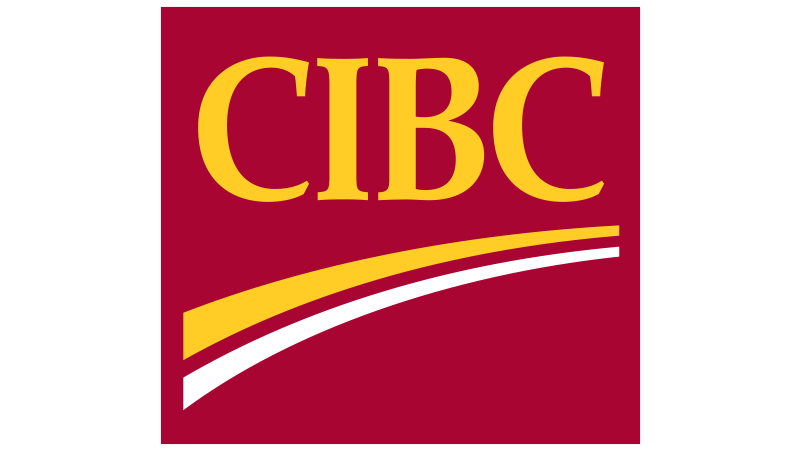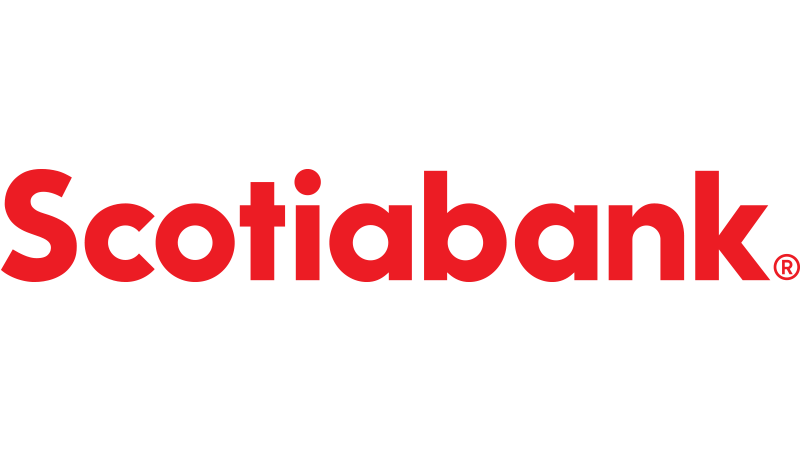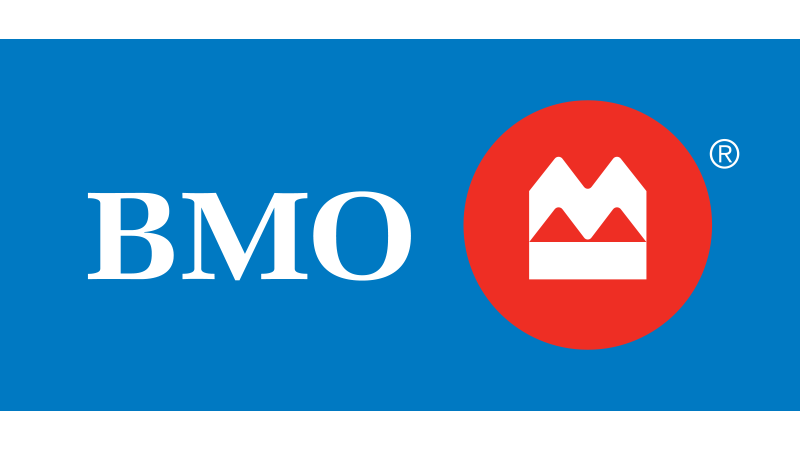Unexpected partnerships lead to spectacular results
When marketers analyze the strength of a brand, we often focus our attention on determining who our competition is and the value propositions that differentiate us. In times of economic uncertainty, this sense of competition can become even more pronounced as businesses and organizations shift into survival mode and prioritize keeping their brand afloat as they navigate through crises. This is also why many corporations resort to quickly reducing their commitments to social responsibility initiatives, as it's hard to focus on the health of others when you’re struggling to stay alive yourself.
Many organizations, however, recognize the importance of partnering with others—both in good times and tough times—in order to drive innovation, solve complex challenges, and create new revenue and service opportunities. More importantly, these organizations recognize that working collaboratively with others will contribute significantly to their long-term brand health and reputation, as well as to the overall success of their own operations, often to the betterment of society as a whole.
When the COVID-19 pandemic hit Canada in March 2020, two organizations, Food Banks Canada and the Toronto Public Library, experienced significant disruption to their services. How do charities provide food to the hungry without adequate teams of volunteers to distribute it? What use is a library to the community when its doors are closed to the public? Rather than succumb to these challenges, both organizations looked beyond themselves to find unexpected partnerships that led to spectacular results.
A tale of two partners
Although COVID-19 had an immediate impact on all Canadians, it particularly affected those who were already struggling to put food on the table. Prior to the pandemic, approximately 12 percent of Canadian households were experiencing food insecurity, and the resulting pandemic-related restrictions, while necessary to prioritize public health, abruptly left millions more at risk.
Food Banks Canada (FBC), a national charitable organization that works to relieve hunger today and prevent hunger tomorrow through a network of provincial associations, affiliate food banks and agencies, witnessed significant declines in volunteer resources, instability within the food supply chain and rapid increases in demand for assistance in a number of communities across the country.
“Due to COVID-19, these organizations saw an 80 percent decline in volunteers, while the service delivery expectations ramped up exponentially.” said Tania Little, Chief Development and Partnerships Officer, FBC. “Whether it was about increased spacing and PPE requirements, operational retooling or client outreach program recreation, food banks needed to identify new ways of running their operations in what felt like an ever-changing model. They took the opportunity to reach into the community to long-standing partnerships or identify new partners to see how the community could be more broadly served.”
The Toronto Public Library (TPL) also faced significant challenges due to the pandemic. With 100 branches across the city reaching every neighbourhood, TPL closed its doors in March to help curb the spread of the virus and to comply with Ontario’s mandated closure order for non-essential services. More than just a book-lending institution, Toronto’s library is a vibrant community hub, with a mandate to support both local and city-wide initiatives that help make Toronto resilient and successful. With these strong organizational priorities, TPL is a brand well-positioned to respond to the temporary closure of its more traditional services by seeking out new and innovative ways to support others in the city.
“When the City and local food bank organizations reached out to us to help fill the food security gaps created by the pandemic, it was an easy decision,” said Linda Hazzan, Director of Communications, Programming and Customer Engagement, TPL. “We were able to quickly transform TPL’s distribution and logistics infrastructure into a food distribution hub, providing packing and distribution support for food banks and also for other organizations responding to food insecurity in Toronto, such as the Canadian Red Cross.” At the peak of the partnership, 12 library branches in Toronto’s highest needs neighbourhoods were reconfigured to be pop-up food banks.
FBC worked collaboratively with the Federal Government, Indigenous nations, corporate and media partners, and other community stakeholders to ensure that food banks nationally had the resources necessary to support the increased demand. They even had a significant number of Canadian artists, activists, actors, and athletes join them for ‘Stronger Together, Tous Ensemble’, a nationally televised charitable appeal to celebrate front-line workers and raise funds for FBC, garnering more than $9 million in donations.
Mutual respect and shared priorities
In order to have effective partnerships, Little emphasizes that it’s important for organizations to be nimble, agile and focused on their core values and mission. In 2020, FBC raised over $147 million to support food programs across Canada including over $40 million in procured commodities (milk, cheese, yogurt, protein and eggs) and purpose manufactured goods (rice, pasta, tuna, peanut butter and canned goods) through its partnership with the For Good Foundation nationwide.
Both TPL and FBC leveraged their partnerships to provide additional community supports that furthered their own organizational priorities. TPL distributed free books in food hampers and utilized food bank networks and food program pop-ups to distribute free Internet Connectivity Kits to people without Internet access at home, while FBC added two additional literacy programs to their list partnerships: Read on Canada! and Horizon Project to enable literacy and STEM programming to be extended to marginalized communities throughout the summer months.
“Success came because we knew how to partner,” said Little. “We knew what the problem was and how to tackle solving it. We understood what each of us needed from the partnership, what our strengths were, and we respected each other and managed through the process because of our shared priorities.”
Hazzan agrees that there is greater impact and value (and also notes that it’s easier to execute initiatives) when partnership opportunities align with an organization’s mission and values. “With this partnership, we were able to repurpose our people and capital resources in a truly responsive way,” said Hazzan. “From a brand-building perspective, we were able to reinforce the value of the library as a community hub and the importance of public space. We’ve also established a permanent food security program at one of our branches and received additional funding from new donors and the City of Toronto to support more initiatives that assist vulnerable populations. As well, TPL has proven its ability to advance equity and support an inclusive economic recovery as part of the City’s reopening, recovery and rebuild strategy.”

















